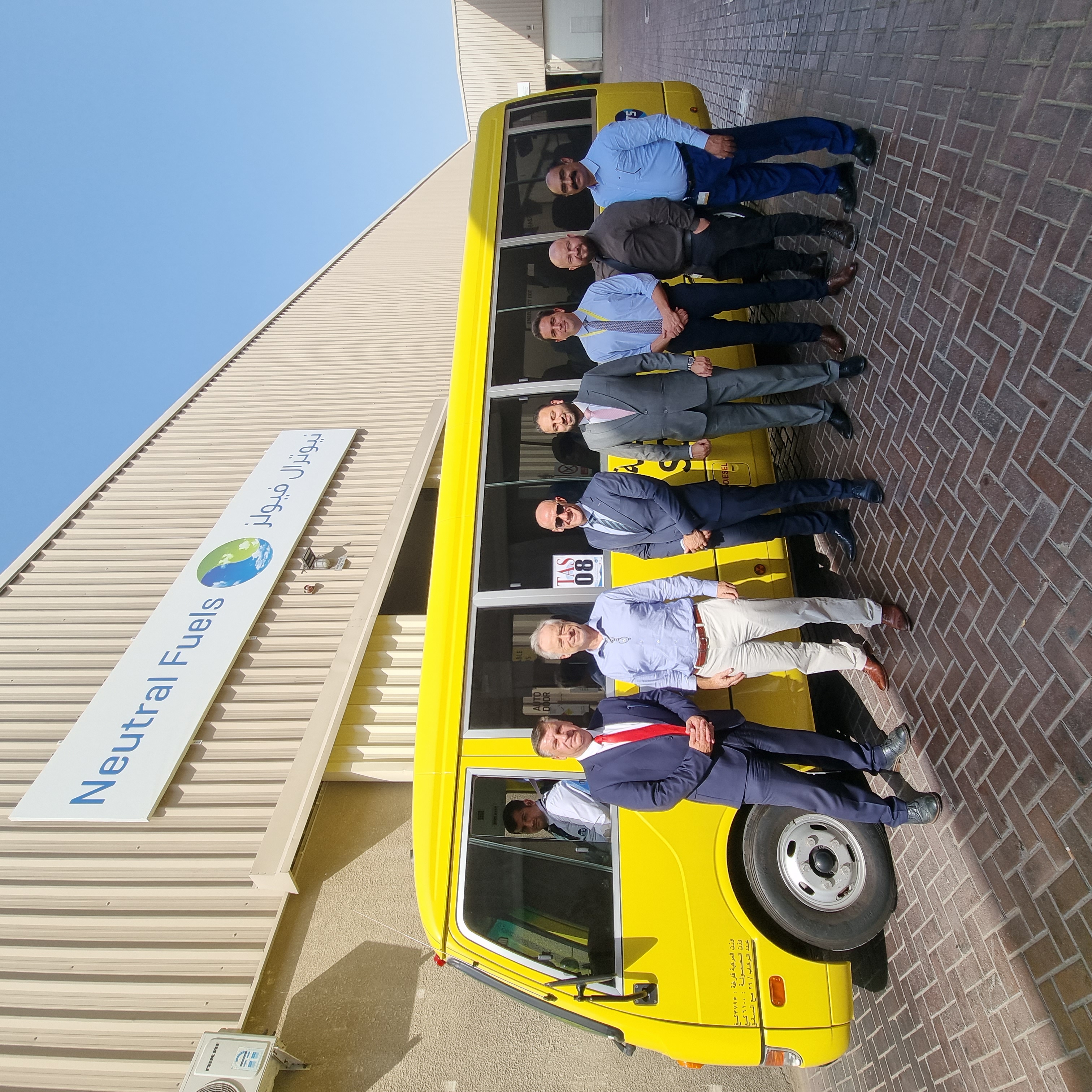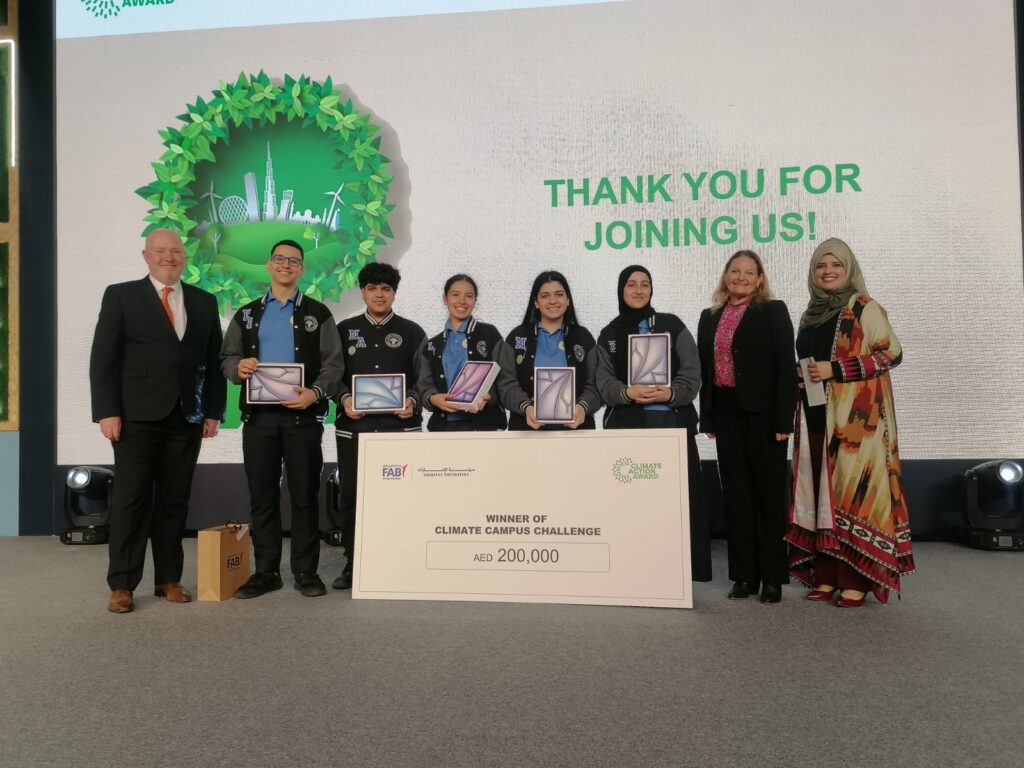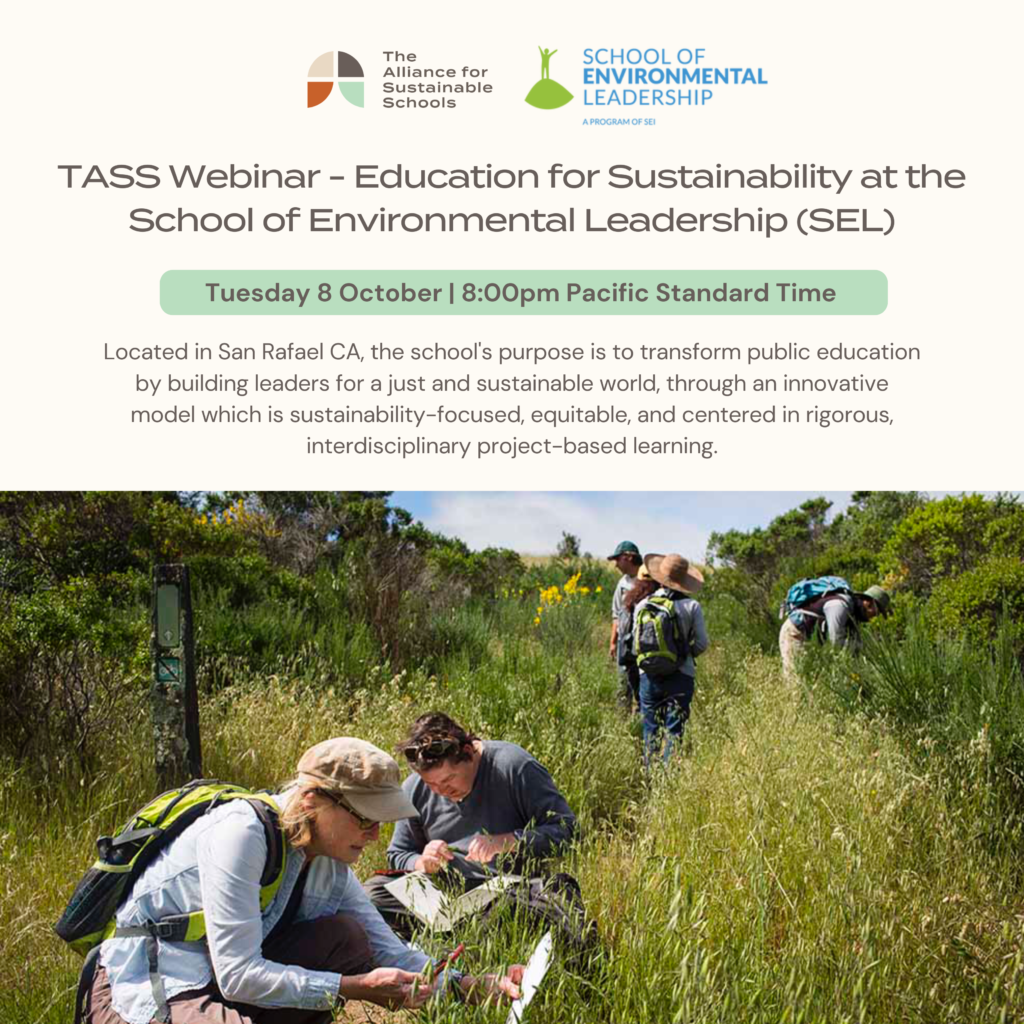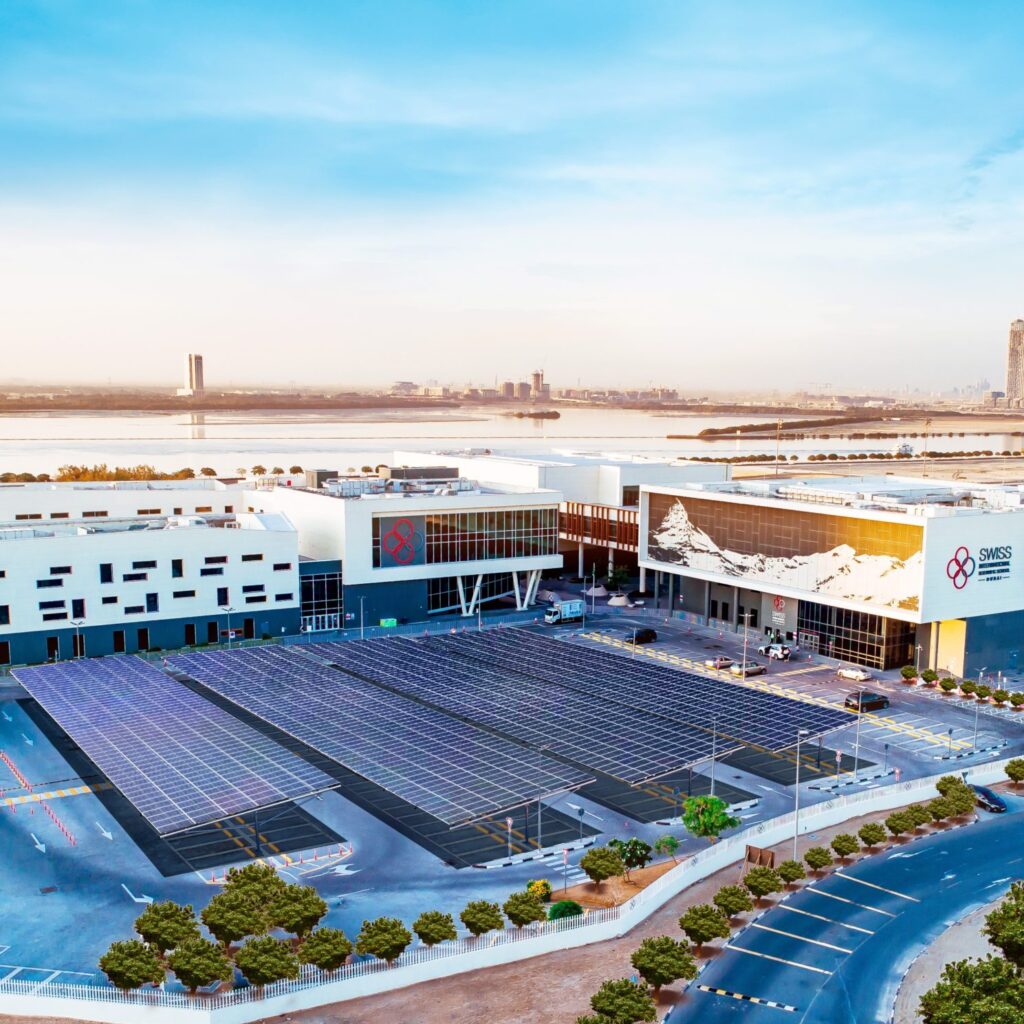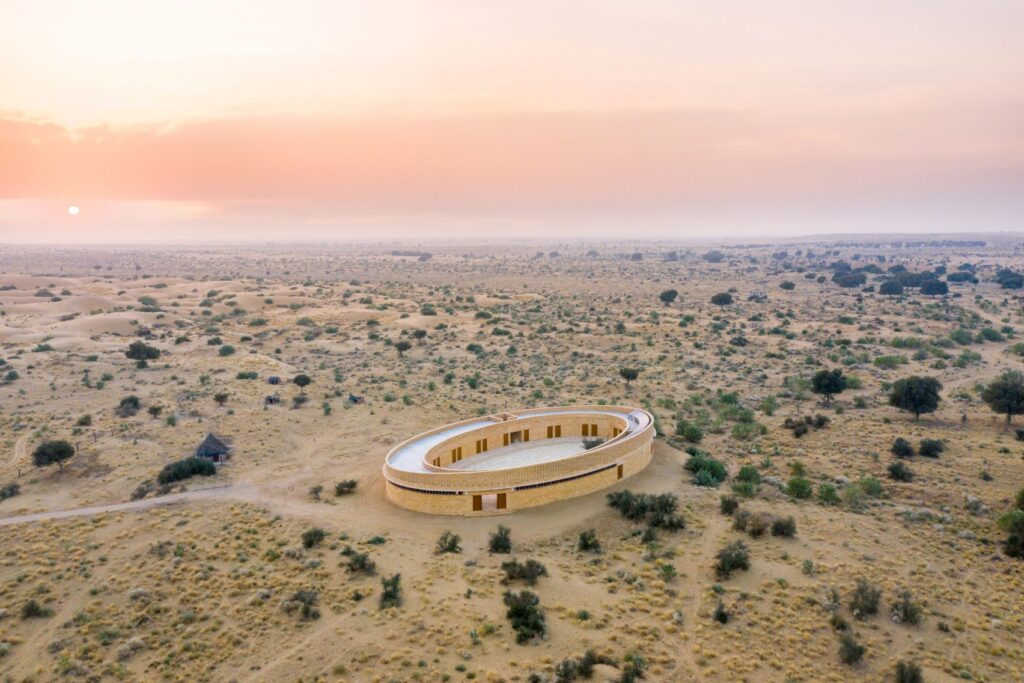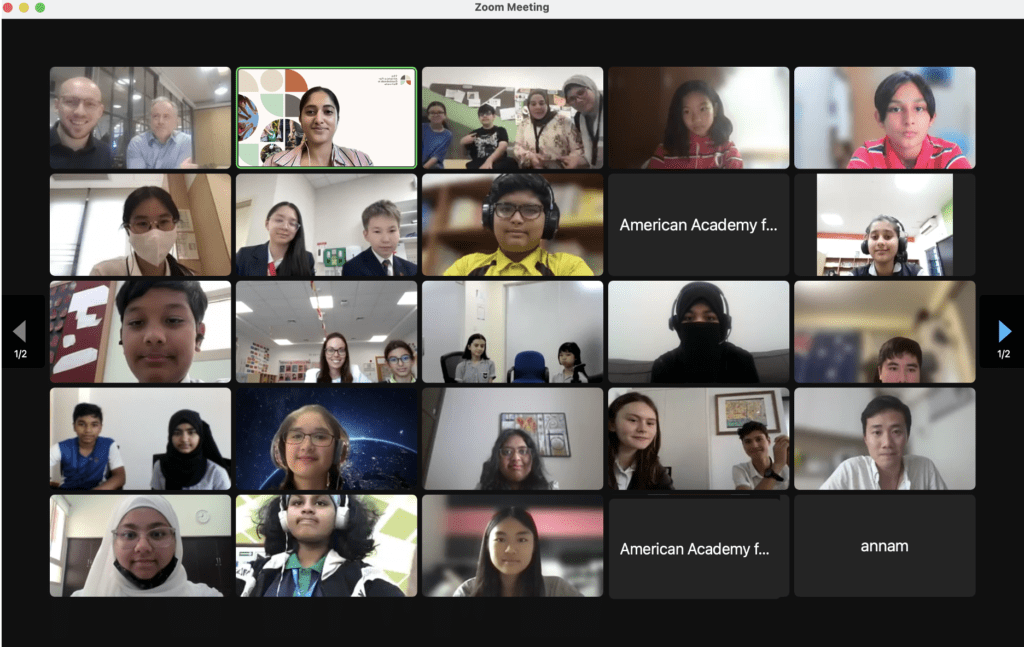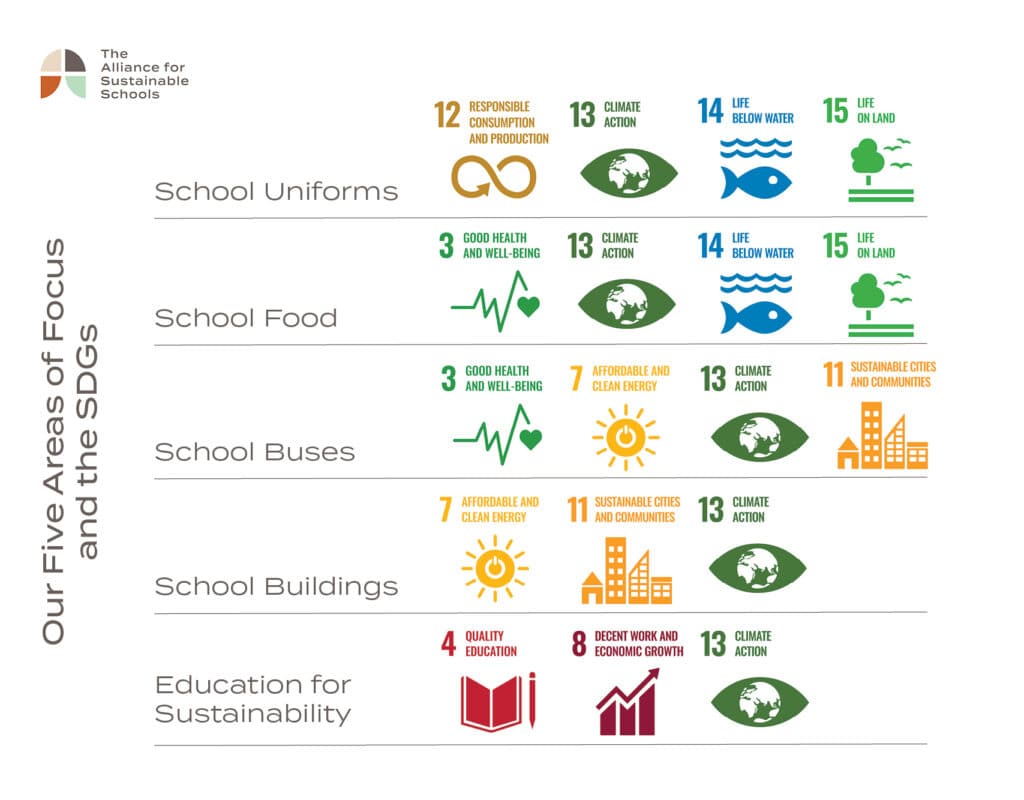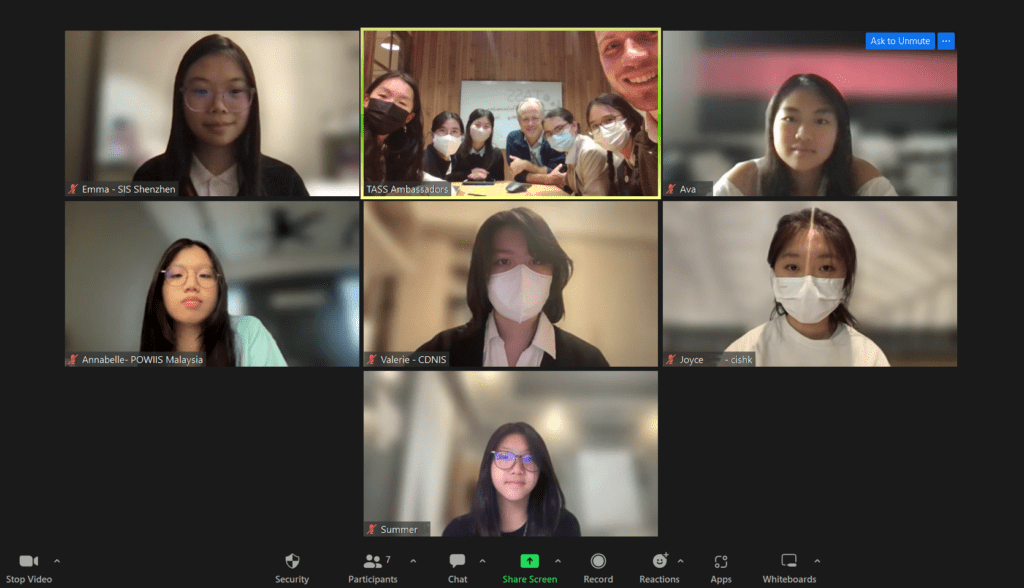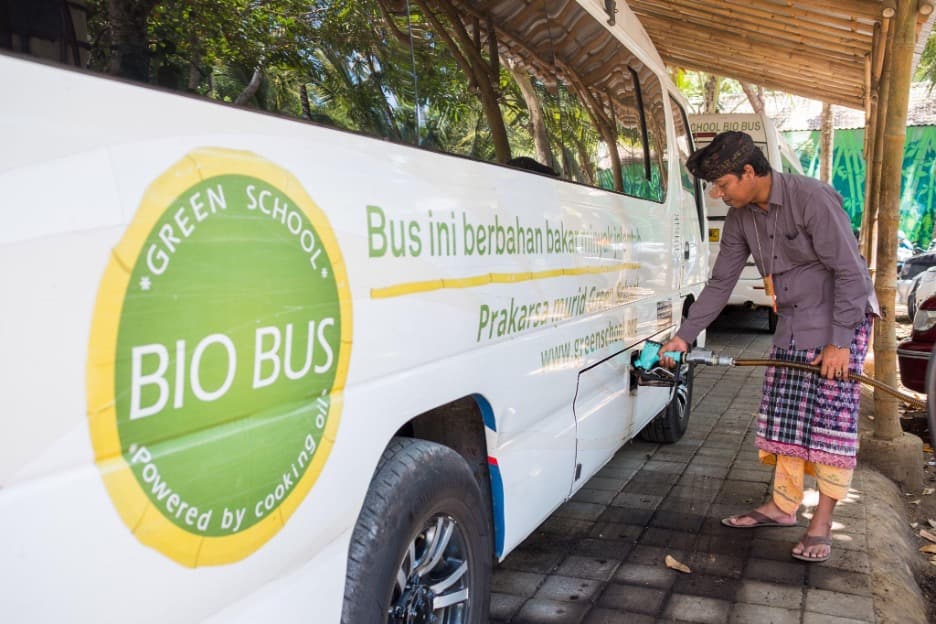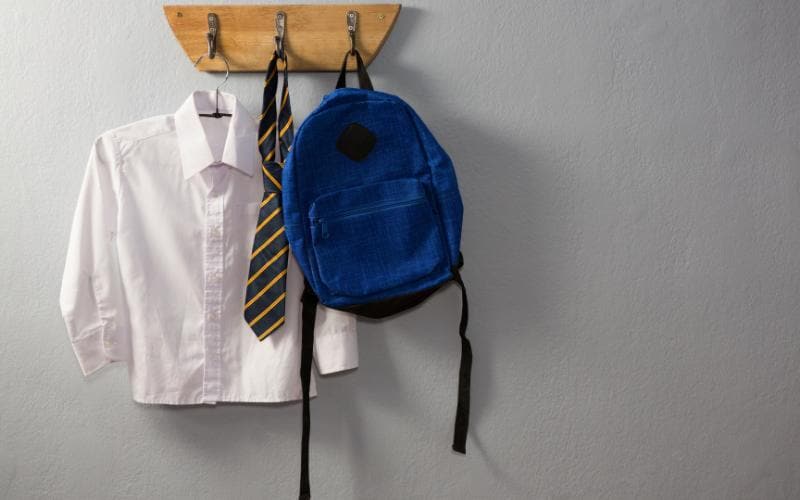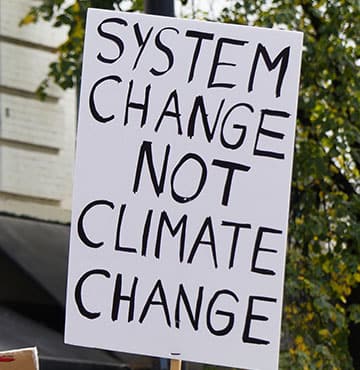An opinion piece by our TASS-Middle East Lead, Marian Fletcher, on biodiesel as a practical, environmentally friendly and cost-effective alternative to fossil fuel for school buses.
Sharjah Embraces Sustainable Transportation
Sharjah’s recent decision to add more electric buses to its fleet represents a positive step in the Emirate’s journey towards carbon neutrality. Electric buses represent a promising solution for reducing urban pollution and dependence on fossil fuels. The UAE has been witnessing an increasing interest in electric vehicles; however, the widespread adoption of electric buses remains a work in progress due to various factors, including some uncertainty about their performance in the region’s climate.
TASS: Accelerating the Transition to Biodiesel-Powered School Buses
In the long run, there’s little doubt electric buses have an important role to play in sustainable urban transportation. But it will be several decades before they fully replace conventional buses in the UAE. The Ministry of Energy and Infrastructure’s (MOEIUAE’s) Electric Vehicle Policy targets 50% of the cars and 70% of buses to be electric by 2050. The capital requirement for vehicle replacements and the need for extensive EV fast-charging infrastructure are among the hurdles that must be addressed for these targets to be met. 50 countries worldwide have agreed to ban the sales of new vehicles with internal combustion engines by 2040 or earlier, the UAE is not yet among them.
Meanwhile, every day, tens of thousands of school students in the UAE continue to commute to school in school buses that run on fossil fuel and the transport sector remains the fastest growing contributor to greenhouse gas emissions.
In light of this, The Alliance for Sustainable Schools (TASS) recognizes the importance and growing urgency of exploring alternative eco-friendly options to fossil diesel and has been advocating for school buses to run on biodiesel as an interim low carbon measure. Biodiesel made from waste is a compelling alternative to fossil diesel, as it reduces carbon dioxide emissions while promoting sustainable waste management practices and doesn’t require changes to existing vehicle engines or additional supporting infrastructure.
While pure biodiesel made from waste (B100) emits 84% less carbon dioxide compared to traditional fossil diesel, commonly used blends like B20 (20% biodiesel) reduce CO2 emissions by about 17%. But whatever the blend, biofuel-powered school buses offer a logical bridge towards a zero carbon transport system, especially in regions where electric vehicle infrastructure and reliability in extreme climates are still being developed and tested.
Requiring all school buses to use biodiesel would be an impactful addition to the Ministry of Education – UAE’s Greening Education roadmap as well as supporting the UAE’s decarbonisation goals.
Preliminary Success
In fact, there are already about 250 school buses in Dubai – owned by the [school] bus company STS Group – that operate with biodiesel made from waste. TASS is working to support the wider uptake of this fuel by many other schools in the UAE and in the 20+ other countries where we have members. TASS notes that school students and school leaders are increasingly requiring their bus companies to provide a sustainable service and they report that this is becoming a competitive issue for school bus companies around the world.
TASS is currently working with biofuel companies in the UAE and pioneering schools in our global network like The Arbor School Dubai in Dubai, to demonstrate that biodiesel represents a practical, environmentally friendly and cost-effective alternative to fossil fuel for school buses. Once the viable model has been proven in our pilot projects, TASS plans to scale their impact by supporting other schools and their bus companies to replicate them.
Read about Arbor’s biodiesel trial here.
Are you interested in supporting the green transition of the GCC’s schools? Get in touch with us at team@tass-asia.org to find out how you can be part of the change 🌿🚌


